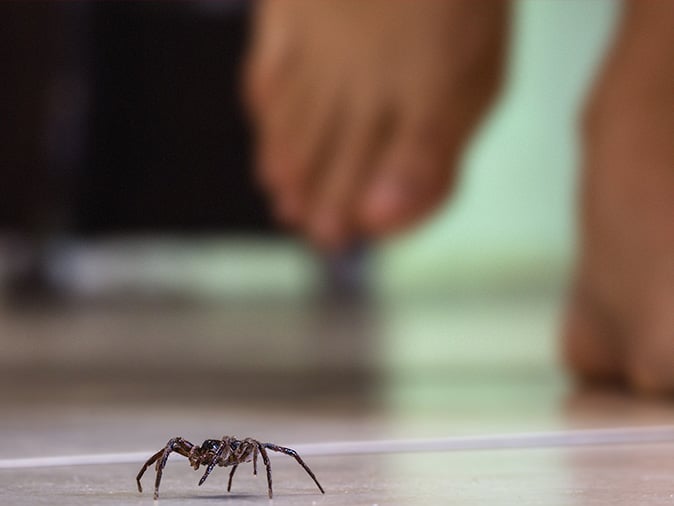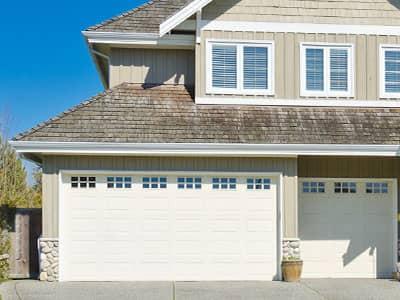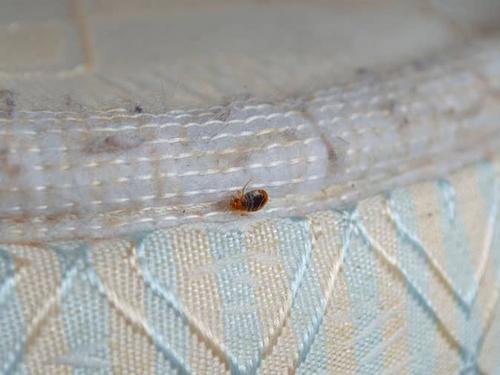Avoiding Spiders In Your Home This Winter
Winter is quickly approaching, which can mean different things to different people. Maybe you love to spend your free time skiing or prefer to stay indoors near a warm fire. It might be your favorite season, or you might already be counting the days until summer. However you feel about the coldest days of the year, there is one thing that all Colorado residents have in common: There’s a high likelihood that spiders will end up in your home this winter. If you’d like to avoid that possibility, it helps to know why and how they get inside, where they spend their time, and what you can do to prevent them.

Why do spiders enter Denver homes in the fall and winter?
Like all living creatures, spiders have specific survival requirements. They need food, water, and shelter to live and reproduce. All these needs can be met outside during most of the spring, summer, and fall. The temperature is warm enough for survival, insect populations (i.e., their food) are everywhere, and water sources are plentiful.
However, as summer gives way to fall, spiders recognize the change in the air. They notice the shift in temperature and the diminishing food supply. To stay alive, these arachnids begin to look for new accommodations that are warm and that offer them food. This is why most homeowners notice an uptick in spider infestations in the fall and winter.
How do spiders get into Colorado homes?
It’s easy for spiders to get into homes in Boulder, Colorado Springs, Denver, and the surrounding areas. These pests are not big and don’t need a large opening to go from the outside to the inside of your house. Spiders can utilize any small entry point to get inside.
Spiders typically start around the exterior of your home, either near a door or window or on your outside walls. Crawling around, they may find an open door, a torn window screen, or a crack in your foundation or siding. Any of these spaces will allow spiders to get inside.
Where do spiders go once they get inside?
Most spiders are shy. When given the choice, they’ll stay away from people and find a secluded area where they can build their webs or spend their time. Sometimes these spaces are visible to people, but sometimes they aren’t.
House spiders tend to build their webs in the corners of ceilings. You may find them there, around windows, or in your garage.
Wolf spiders don’t build webs. They tend to stay near the ground and be in out-of-the-way areas, such as basements, in or behind boxes, and under furniture.
Storage areas, attics, basements, and garages are all common areas where spiders might spend time in your house. You might see them in your living areas, too. If you do, they will likely be on the walls or ceiling.
Is it dangerous to have spiders in your home?
For the most part, spiders are considered nuisance pests. They might build messy webs in your house, and they can bite, but most species are relatively harmless. However, there are a couple of exceptions.
Black widow spiders are one of the species that live in our area. These spiders have venomous bites that can cause serious health problems. If you end up with black widow spiders in your house, you’ll want to take care of the problem as quickly and thoroughly as possible.
The other potential problem with a spider infestation is that, although the spiders themselves might not be a significant issue, their presence could indicate another problem. If you have a lot of spiders in your house, it could mean you have another pest problem. Spiders won’t survive for long without food, but if they’re thriving and reproducing in your home, the insects they eat must also be inside.
How you can prevent spiders from getting into your home
Although seeing a spider in your Colorado home now and then is not a serious cause for alarm, you’d probably prefer not to share your space with them. To keep spiders out of your house, take these preventative steps:
- Seal cracks in your foundation and siding.
- Repair or replace torn window and door screens.
- Make sure your doors have intact weather stripping.
- Cut back foliage around the perimeter of your house.
- Install yellow bulbs in outdoor light fixtures so you don’t attract insects that will attract spiders.
- Make sure your house is free of other pests.
- Reduce moisture outside and inside your house and ensure you don’t have any water leaks.
If you have spiders or other pests crawling around, contact EnviroPest for the best home pest control. We offer an affordable, award-winning service so your home can remain pest-free.

Testimonials
GETTING STARTED IS AS EASY AS 1-2-3
REQUEST FREE ESTIMATE
Pest Solutions For Homes & Businesses
We understand that pest problems can be unsettling and frustrating, but the solution shouldn't be. For over 55 years, we've been helping folks right here in Colorado take care of ants, spiders, mice, mosquitoes, wasps, bed bugs, bats and most other creepy crawly things. We'll get there fast to solve the issue quickly and affordably - Guaranteed.



